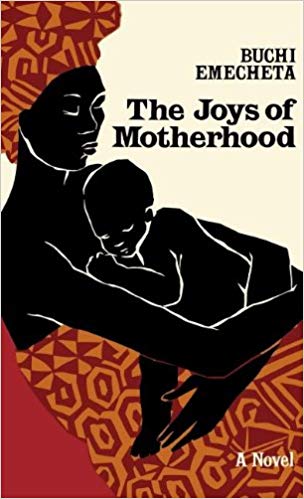Loggers In Ghana: Big UPS 2 Ghana Winter 2019
by Professor Brackett
Akwaaba! Welcome!

I wish to welcome you to our course blog dedicated to the miniature research projects created by students in the African American Studies Course: AFAM 310 African Diaspora Experience at the University of Puget Sound. I am Professor LaToya Brackett, Visiting Assistant Professor of African American Studies and the Race & Pedagogy Institute, and I am the faculty member who created this course and study abroad experience. It has been on my list of things to accomplish for some years now. I began my journeys to Ghana in 2009 for a short-term study abroad trip during my graduate study. I have since returned to Ghana another 6 times, this trip with the students means that I have been to Ghana 7 times, and I do not intend to stop there. Ghana is a second home for me, for multiple reasons but mainly because of the people. Ghana has some of the most welcoming people in the world.
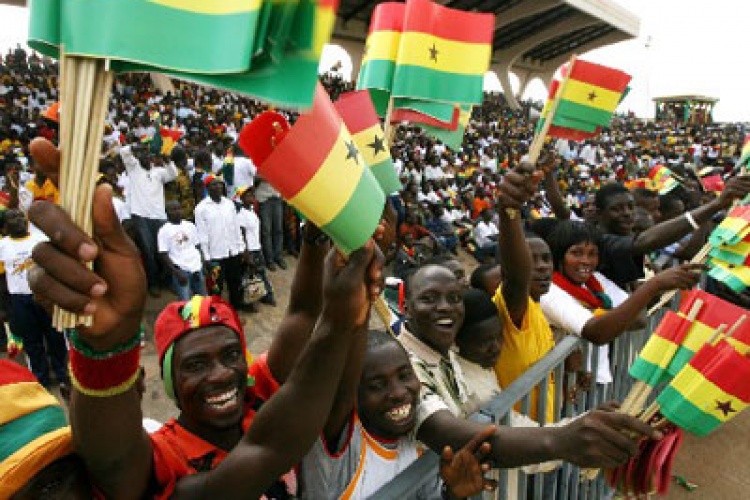
Once again, I welcome you to our public blog page in which students share their research and later their experiences in Ghana. During the fall semester we had a full 1-unit course that focused on West African literature to engage students with the various aspects of culture in the area. The four novels we read and engaged with were: Joys of Motherhood (Nigeria) by Buchi Emecheta, Houseboy (Cameroon) by Ferdinand Oyono, Homegoing (Ghana) by Yaa Gyasi, and So Long a Letter (Senegal) by Mariama Bâ, in that order. Additionally, the students were given a course reader on Ghana solely, and sections included peer reviewed articles, encyclopedia entries, government sources, and news articles. Sections were dedicated to History of Ghana, Kwame Nkrumah, Religion and Health, Women, Business, Culture and Language, Geography of Ghana, and African Americans in Ghana for example. We additionally read a historical text that was helpful in understanding the extensive history of the continent of Africa, the text is rather accessible to novice African history learners, and my students found it helpful for foundational context: Through African Eyes by Leon E. Clark.
These small research projects were required from all students in the course. At the start of the course I asked students to share areas of interest they each had regarding Ghana prior to our visit. The goal of these projects was to have students engage with more current issues and learn the histories that lay foundation to the current, and to share it with their peers to give yet another source of information to prepare the students for this once in a lifetime trip. The goal of the course was to engage with as many aspects of Ghanaian culture as possible prior to being launched into it. Of course, as I told my students habitually, no book, or film will prepare you for the experience itself. But it will allow you to have context to support your on-ground engagement. Students with interests that aligned were put into groups of two or three and tasked with creating one blog post that covered each person’s topic while connecting them with an opening and closing statement. I truly hope you enjoy their posts as much as I did when they presented them in class. The content is great, and their effort went beyond what was required of the project. Already, I have had several of my Ghanaian friends speak to how much they enjoyed reading my student’s work, one person pointing out how much they learned about the history of Hip Life and High Life—Big UPS to Sammie, Makenna and Daniel. I am very proud of their work in the blog posts, and even more proud of their work to prepare for the various aspects of our trip.
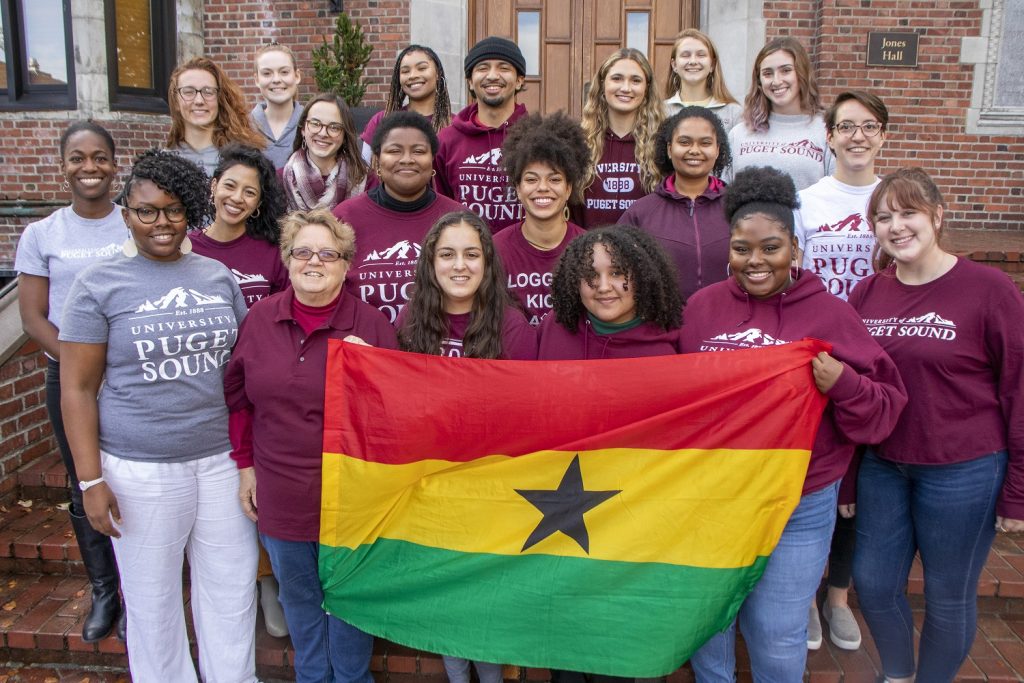
A trip like the one we are taking, one that is the first in the history of the University of Puget Sound, one that is also the most diverse faculty-led study abroad in Puget Sound history, means there is a lot to be accomplished. There is only one of me, and 17 students, so every student had a role. Students were tasked as captains of certain areas related to the course. My greatest asset resided in the role of logistics captains. These students did more work than can be stated—simply wow. Big UPS to Anna and Lauren. Additionally, we had captains for our collaboration with a Non-Profit in Ghana-Glefe Youth Ghana- led by my colleague and friend, Ishmael Hammond who I met on my first trip to Ghana years ago. We coordinated donations of materials to the organization that we are all taking with us in our suitcases. The student captains worked with Ishmael to ensure that what he was needing, and desiring was what we worked to provide. Additionally, the captains redesigned the Glefe Youth Ghana website and created brochures. Big UPS to Makenna and Mara. Additionally, we had captains for hospitality, self-care, health, accommodations, Twi Language, and Social Media—follow us on Instagram LoggersNGhana.
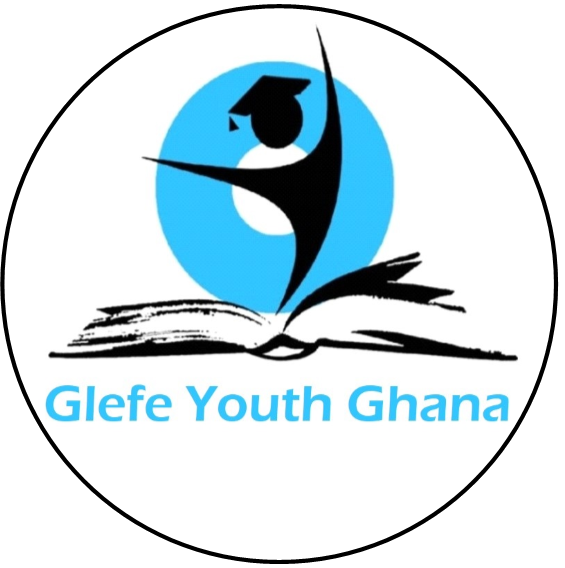
I’d like to take a moment to mention again the collaborative work with Glefe Youth Ghana we have been prepping for. Ishmael has skyped in to speak with the students twice in the fall and he has been in direct communication with the captains for the project throughout the semester—and of course with myself. We will visit the site of Glefe Youth Ghana on one of our weekends in Ghana and will provide our services to support the final touches on the newly renovated and expanded building by painting, and building several items for school materials storage. And of course we’ll be unpacking all of the wonderful donations folks from our extended communities have provided. We will document the event for Ishmael’s continued promotion of the organization and its goals to support literacy, to support care givers of children with disabilities, and to support youth empowerment through work training programs for example. Please check out the website for more information about the organization, and to see the great work of Puget Sound students. Also please keep the organization on your list for support in the future. They are doing the work. They are community led and community focused. Our engagement has always been focused on supporting their growth and continued sustainability with our donations and donated time. The organization has been around since 2012 and we wish to support them in continuing for another 8 years and beyond.
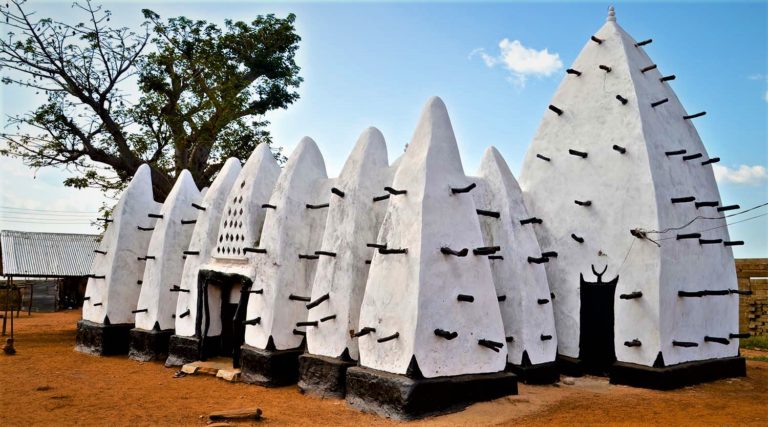
As I write this post for you all, I sit in Accra waiting for my students to join me in the next week. My prearrival has taken me to the northern region of Ghana to prepare a potential new location for this study abroad trip in the future. Highlights: Standing about 50 feet away from an elephant; Larabanga Mosque (known as the oldest in west Africa); a visit to a remote village where Shea Butter is made; and staying at a hotel within Mole National Park. The upcoming trip will take students to Kumasi, Cape Coast, Winneba, and Accra the capital of Ghana. We are very lucky to be joining in the Year of Return festivities. The year 2019 marked 400 years since the first slave ship landed in the U.S., and thus the Ghanaian government has marked it the Year of Return, asking for all those in the diaspora to return home. Prior to my arrival in Ghana the President, Nana Akufo-Addo, has announced that in 2020 and forward that the initiative will be, Beyond the Year of Return. It is never too late to return. Ghana is a gateway to Africa and I know that my students will enjoy this experience and perhaps some will return to Ghana or explore other countries on the continent.

Thank you for taking the time to read my post and the time you will spend engaging with my students’ posts. African American Studies is very proud of this study abroad launch for the major. A majority of the students on this trip are either African American Studies majors or minors. Please follow us in our journey and we will surely see you upon our return in 2020!

